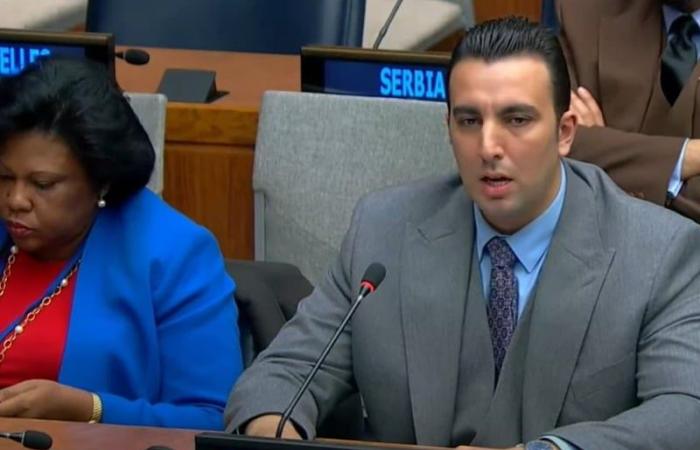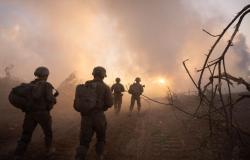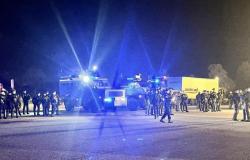Morocco has once again responded to Algerian attacks on the issue of the Moroccan Sahara. Before the UN Human Rights Commission, this time, the Moroccan delegation did not hesitate to put back in place its Algerian counterpart who tried to exploit the issue.
After an intervention by the Algerian delegation to try to paint a poor image of human rights in Morocco and precisely in its southern provinces, the Moroccan delegation wanted to provide clarifications to Algeria and to the delegations present.
“The obsession with the Moroccan Sahara shows that Algeria is the primary party in this issue. Algeria is the only country that raised this issue under this agenda item,” began by recalling the Moroccan delegation.
On the subject of human rights raised by Algerian diplomacy to attack Morocco, the representative of the Kingdom declared: “Algeria mentioned human rights, but is Algeria a model to follow in terms of human rights? This country has a dark record in terms of human rights and commits violations, both individual and collective, whether it is the kidnapping of journalists or the banning of peaceful demonstrations.”
The Moroccan delegation also mentioned the racial discrimination suffered by the Amazigh tribes (the Kabyles) who only ask for their right to self-determination. “These are violations that have been documented by special rapporteurs”recalls Moroccan diplomacy with regard to the Algerian accusations.
Returning to Algeria’s participation in the Security Council this year as a non-permanent member and its role within the round table during discussions around the Sahara issue, Moroccan diplomacy revealed that Algerian representatives attempted to amend the resolution twice and their proposals were not adopted.
Algeria has in fact demanded that the mandate of the UN mission to observe the application of the ceasefire in the Sahara (MINURSO) be extended to the observation of human rights. The members of the Security Council refused this Algerian attempt, “this because the Security Council knows that Algeria is politicizing the question of human rights against Morocco”indicated the same speaker.
The members of the Council, he continued, are fully aware of what is being practiced inside Algeria, but also in Tindouf, which has become, because of Algeria, a refuge for groups where even the slightest conditions of dignity are not respected. These are violations of international law, including international humanitarian law, he stressed.
Algeria, “instead of taking responsibility for its failures (…) placed the responsibility on the United States of America, a friendly country, to which we express all our gratitude for the efforts made during the consultations before the adoption of the resolution 2756 »added the Moroccan diplomat, indicating that this resolution noted the role of commissions concerning human rights, whether at the UN or at the Office of the United Nations High Commissioner for Human Rights (OHCHR), in the promotion of human rights and cooperation with special mandates.
Regarding the supposed Algerian desire to support the UN Blue Helmets or to share its expertise, the representative of the Moroccan delegation was surprised by this initiative given that Algeria has never deployed a single soldier under the banner of peacekeeping operations.
“Algeria, with the question of the Moroccan Sahara, wants to be a dagger, but this only strengthens our commitment to defend the unity and territorial integrity of our country,” he said.
Finally, regarding the question of political solutions for the Sahara raised by the Algerian representatives, the Moroccan diplomat underlined the fact that “Algeria does not assume its historical or political responsibility and is hindering the solution because it refuses to implement Security Council resolutions and participate in round tables, as was the case in 2013 and 2019.”






